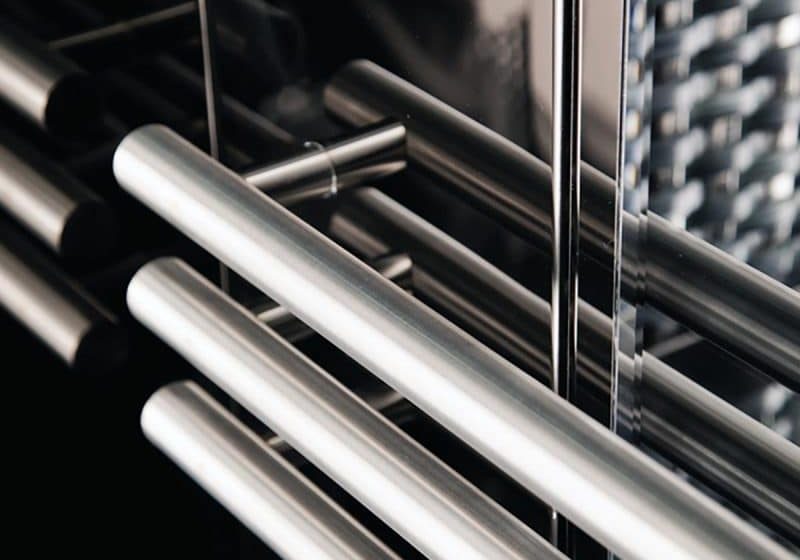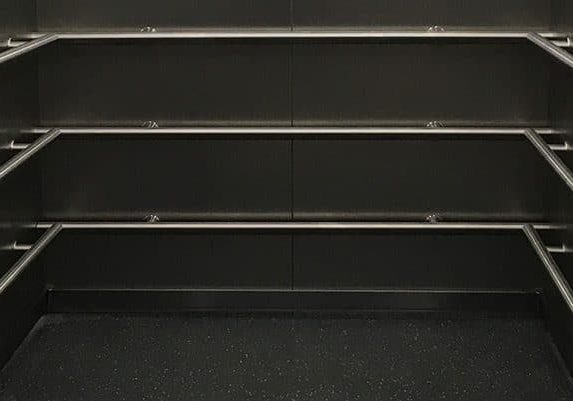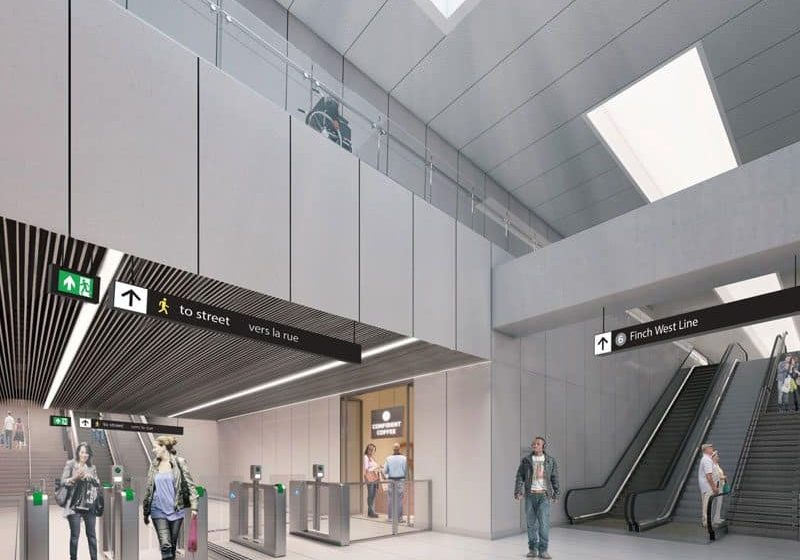Brugg Lifting turns a global crisis into an opportunity for innovation as it looks to the future with optimism.
Like many companies over the past year, Brugg Lifting had to adapt to an unprecedented business and work environment due to the pandemic. While some doubled down on proven ways of working to weather crises, Brugg Lifting turned the situation into an opportunity to drive innovation. From bespoke production equipment to new products to an evolution of its business model and culture, the company hasn’t just survived the pandemic; it has thrived.
Employing approximately 220 worldwide, Brugg Lifting is a global manufacturer of elevator, architectural and wire ropes, and lashing and lifting gear. It has produced products for the vertical-transportation industry in Birr, Switzerland, since 1955 and in Suzhou, China, since 2009. It is part of the Brugg Group, which has approximately 1,600 employees globally. With more than 125 years of history, three production sites and six distribution companies in Europe, North America and Asia, the company is a partner to elevator manufacturers around the world. Partners include global OEMs such as KONE, Orona, Otis, Schindler and TKE, as well as regional partners like Schmitt & Sohn Elevators of Germany and Emch AG, a Swiss construction contractor. Its elevator ropes have been used in buildings from China to North America, from the Dubai Airport to Salesforce Tower in San Francisco.
Production
Brugg Lifting began investing in production technology for coated products in 2002 and has continuously updated its lines since. With Internet of Things (IoT) advancement and knowledge developed since, the company is now investing in two new lines: one to produce belt products and one for coated ropes. Scheduled to go into production in March from the Switzerland factory, both feature new and bespoke technology developed in-house.
The BEMA5 belt line features a double-decker cord payoff, which allows for greater efficiency and production capacities of up to 8 million m per year. The line can produce belts of up to 500 kN in strength using Brugg Lifting’s coating technology. The new equipment features inline monitoring, including high-speed camera systems that monitor 100% of production and can find and categorize defects up to 0.3 mm2.
UMA2 is a similar line for coated ropes that produces thicker diameters at faster speeds. Working with high-tensile wire, the company also developed the world’s first double-buncher rope closer for the coated rope core, working with high tensile wire.
The two new lines include expanded testing equipment for improved longevity, as well as a new e-modulus system for measuring product stiffness. This is particularly relevant for high-rise applications where stiffer products reduce bouncing in elevators. All new equipment is IoT enabled, allowing remote machine monitoring.
In China, the company installed visual monitoring camera systems, plus two new closing machines that bring production capacity up to 20 million m. The production facility also features automatic cut-to-length capabilities.
In production processes, Brugg Lifting replaced all paper records with a 100% real-time quality database and started using a new enterprise resource management system for paperless production. Robotic order entry creates a more efficient ordering system for faster, more accurate processing.

Products
Launched in 2015, Brugg Lifting’s range of CTP®-coated transmission products was the world’s first plastic-coated rope designed for the elevator industry. Approved for traction sheaves with a diameter of only 115 mm, these ropes have been installed in more than 100,000 elevators around the world. In 2020, the company began building on the success of that range with the development of new, large-diameter coated products, as well as new belts. While the products are still in development, the aim is to launch the new ropes and belts — intended to extend elevator life and reduce weight — later this year.
Brugg Lifting is also developing carbon fiber-based traction products that reduce weight, increase strength and extend lifetimes. The project is still in the early stages.
Services
Even without the pandemic, suppliers are increasingly under pressure to reduce costs, while delivering safe, reliable products. In the past year, Brugg Lifting has been looking at ways to increase efficiency, while also delivering more value to customers with new services that complement products. The company established a task force to explore new business models and growth opportunities.
Among new initiatives is an online training platform. The training, which combines video, diagrams and text, addresses the challenge of making product knowledge available to all relevant users. While the company offers in-person training on product use and installation, the new online platform allows users to learn on their own time from anywhere in the world. It also includes internal training for Brugg Lifting employees.
The company is also improving customer service with a new asset-management software system developed by and for Brugg. Instead of recording important information on paper, the company uses a cloud-based recordkeeping system that includes media files and is fully customer-configurable. The system is linked with a tag that is added to the product to allow for one-click purchasing and product location tracking. The new system could replace logbooks and visual records with a cloud-based inspection service, saving 50-60% of the time necessary for inspection, documentation and recordkeeping.
Culture
The ability to offer new products and services starts with a culture that values and encourages innovative thinking and approaches. Like many companies, Brugg Lifting saw its internal ways of working shaken by the pandemic and used it as an opportunity to ignite cultural change.
Through various internal initiatives, Brugg Lifting aims to create a more bottom-up organization based on empathy, relationships and teamwork, where fresh ideas are encouraged and shared. To enhance transparency between leadership and employees, for example, the company opened management meetings to employees. Each quarter, two spots are opened to all interested employees, with names being drawn to join quarterly management meetings. The goal is to bring fresh, diverse views from different levels of the organization that can challenge management in a constructive way. The initiative also helps employees better understand management decisions and employees’ roles in the company’s mission — insights they can then bring back to their respective teams.
Transparency and sharing are also at the heart of monthly Lunch & Learns, an open forum where anyone in the company can share information about projects on which they are working. While usually an in-person forum, the pandemic challenged the company to explore virtual collaboration, which opened the meetings to employees who otherwise would not have been able to join.
Through the “Bruggether” initiative, a team of cross-departmental managers works with a human resources coach with the goal of aligning employees around shared values intended to break down the barriers between the office and the factory floor. A new peer-recruiting program aims to engage employees in talent acquisition, while building team collaboration and facilitating new employee onboarding. While still in its infancy, the project encourages recruitment decisions that are “for the group, by the group,” whereby new hires are determined by the teams they would join, rather than by supervisors.
Across industries, one of the biggest challenges the pandemic posed to companies was how to maintain employee engagement and team spirit when in-person contact was limited. Brugg tackled this issue with a groupwide song and music video, which can be seen on outlets including YouTube, that not only brought employees together, but also created a new way to tell its story and share its values. The song was written by a Brugg employee and performed by his band, while the music video features employees from several Brugg companies. The project clarified one of Brugg Lifting’s core beliefs: “Lifting doesn’t have to be boring.”
The company’s outlook is positive as it focuses efforts on new coated rope and belt technologies in the Americas, China and Southeast Asia. As companies move away from old steel rope technology, demand for coated ropes and belts will increase.
Get more of Elevator World. Sign up for our free e-newsletter.









